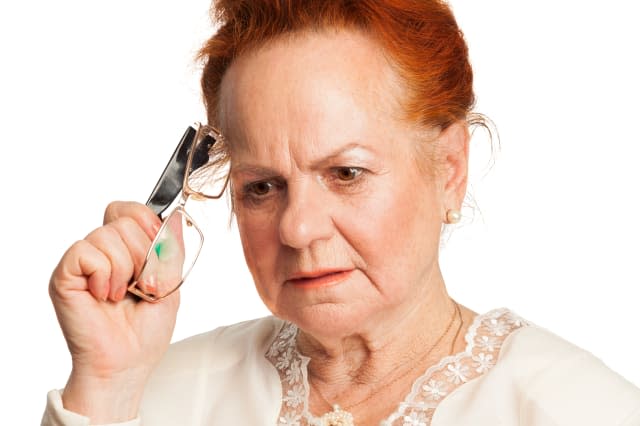Banks not doing enough to protect vulnerable from scams

Scammers are free to target the most vulnerable people in the UK - because banks are not doing enough to protect them. The Chartered Trading Standards Institute and Bournemouth University warn that more needs to be done to stop older and more vulnerable people from being victims of scams.
Who is at risk?
Older people are targeted more often - especially by doorstep, mail, telephone and investment scams. People who are lonely or socially isolated are also at risk, because they are more likely to respond. And those most at risk are people who suffer from dementia.
Professor Keith Brown says: "Those at risk are lonely older people, and specifically those with a cognitive impairment dementia who may be unable to safeguard themselves as a result of their health or social care needs".
The report highlights the case of one man, aged 67, who had lived alone since his wife died, and was unable to get out because he was waiting for a hip replacement. He received clairvoyant scams, and responded because he felt lonely. He then started getting and responding to catalogue and prize draw scams. He got caught up in a routine of repeat orders, to pass the time, and by the time Trading Standards had got involved, he was in £41,000 of debt, and cupboards and wardrobes were piled high with things he didn't need and had no use for.
What should be done?
Trading Standards say banks and other financial institutions have to take three steps right now to protect these customers.
They should recognise that customers with dementia are more at risk of being scammed. They may make unwise decisions as a result of their cognitive state - rather than simply making unwise decisions, and as a result banks should accept that they owe them a duty of care.
They are also calling for banks to adopt a position that personal data is not shared without a clear 'opt in' and that it is not held for longer than 12 months before permission is sought again, in order to prevent 'suckers' lists.
Finally, they want to allow vulnerable people to establish a 24 hour delay on new or large transactions leaving their bank accounts. At the start of the 24 hour period, a carer or loved one would receive an email or text message informing them of a need to check transactions.
Why?
They add that the impact of being a scam victim on an individual is often underestimated. The average victim loses over £1,000, but that's just one part of it: becoming a victim can be life changing.
The impact isn't just limited to the individual themselves either, as their family is left to pick up the pieces. Then, of course, where they have lost significant assets to a scammer, they may become financially dependent on the state for funding their care needs - so everyone pays the price for this horrible crime.
Trading Standards emphasises that this is a major problem now, with 850,000 dementia sufferers in the UK. However, the banks need to address it before it becomes an even bigger issue. There will be an estimated 1.1 million sufferers by 2025 and 2.1 million by 2051.
Similarly there are 3.54 older people living alone now, but there will be 3.92 by 2020 and 4.97 by 2030, so if the banks don't step up now, the number of lonely and vulnerable older people falling victim to scams will grow exponentially.





